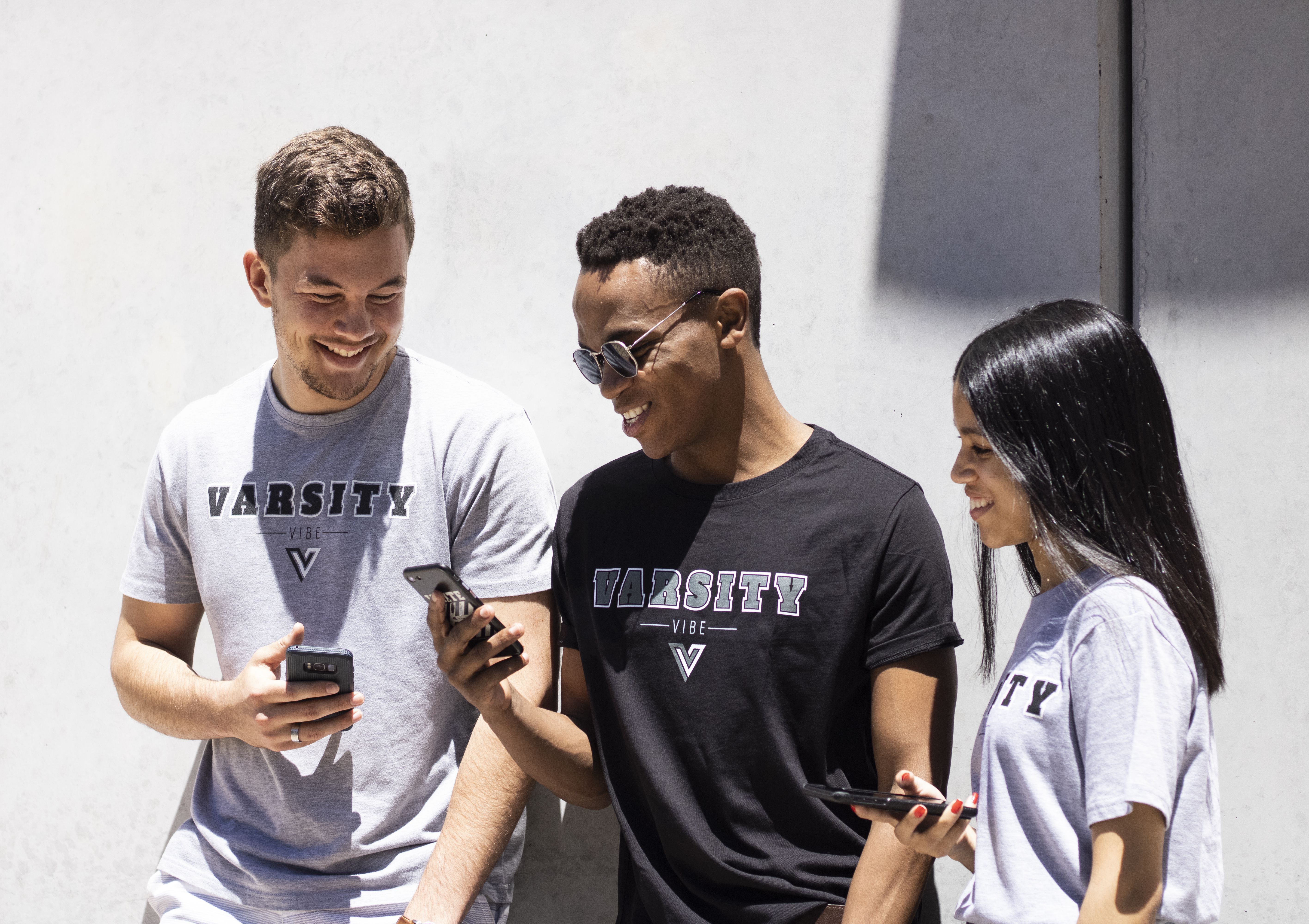Through the eyes of the youth: an exploration of how social media influences South African youth perception of voting
According to the Varsity Vibe 2024 Elections Survey, which garnered responses from over 11 000 participants, 92.58% of respondents plan to vote in the upcoming 2024 May election. This high turnout indicates the significance of political participation among the youth. However, the trustworthiness of political parties and leaders plays a crucial role in their decision-making process, with 62.11% citing it as a major factor influencing their vote.
Social media significantly shapes the youth's perception of political parties and leaders, with 77.25% of respondents consuming political content on these platforms. However, only 45% believe that political marketing on social media affects their views, indicating a degree of scepticism or apathy towards such efforts. This sentiment may stem from a perceived lack of follow-through on promises made by political figures, which social media often amplifies. Additionally, the presence of online political thought leaders providing insights into political history and South Africa's political climate may further influence perception and impact how political marketing is received.

When asked about the most effective marketing platforms in influencing their vote, only 43.10% of respondents cited social media, including platforms like Facebook, Instagram, and TikTok, indicating a lack of effectiveness in reaching the youth electorate. In contrast, 62.88% of respondents preferred speeches and debates, indicating a preference for more direct and substantive forms of communication. Election debates not only increase political accountability and promote active participation in decision-making processes but also contribute to creating a tolerant and respectful society. Other notable platforms include podcasts (39.86%), emphasising the importance for political parties to engage with young voters through a diverse media landscape.
Social media undeniably plays a significant role in shaping the perception of voting among South African youth. However, the youth are more inclined towards platforms that prioritise transparency and political accountability among parties and leaders. Engaging with the youth in a transparent and authentic manner can build trust and encourage active participation in the democratic process.
Editorial contact
Donna Leigh Mohamed
az.oc.ebivytisrav@gnitekram
071 872 3687
- Gen Z’s social media habits: Divided, but a shift toward meaningful content12 Nov 13:23
- Gen Z has spoken: Brands that give back win big30 Oct 12:09
- Matthew Peter of Varsity Vibe recognised as industry talent at the South African Loyalty Awards 202525 Sep 13:58
- South African youth expenditure: Promising and pragmatic30 Jun 15:07
- Varsity Vibe expands with new brands to better serve students in SA14 May 16:50























